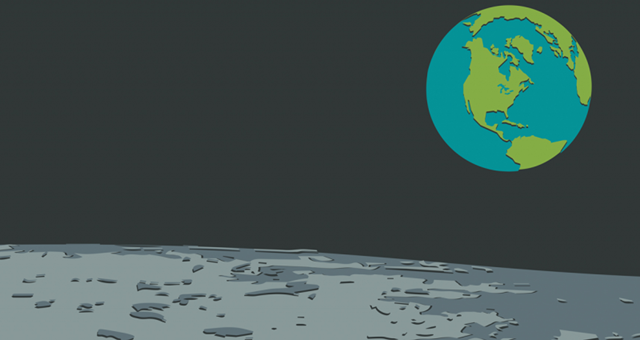By: CIFAR
19 Apr, 2018

CIFAR has short-listed 12 finalists in its Global Call for Ideas, an international competition to select new research programs that address complex, fundamental questions of importance to the world.
The ideas were selected according to rigorous scholarly criteria, and required that they be novel, bold, and potentially transformative in a way to warrant the creation of a sustained, interdisciplinary, and collaborative research program.
The teams of finalists will now conduct workshops and prepare final proposals. CIFAR will then make its selections by Spring 2019, based on reviews and recommendations from the International Review Body, the International Assessment Panel and the CIFAR Research Council.
This is the second CIFAR Global Call for Ideas. The last call, in 2013, resulted in four new CIFAR programs being selected: the Azrieli Program In Brain, Mind & Consciousness; Bio-inspired Solar Energy; Humans & the Microbiome; and Molecular Architecture of Life.
The 12 finalist proposals represent 81 researchers from 14 countries and a wide range of disciplines. The subjects of the proposals range from materials science to biology to social science and beyond.
“We’re excited about the many new ideas that have emerged from this Global Call, and we’re looking forward to working with the finalists as they continue to refine their proposals,” said John Hepburn, CIFAR’s Vice-President, Research.
Following are the 12 short-listed proposals, and the researchers who proposed them.
CIFAR Program for Accelerated Discovery of Matter
Alan Aspuru-Guzik (University of Toronto) and Jason Hein (UBC)
Boundaries, Solidarities and Collective Action Citizenship
Irene Bloemraad (UC Berkeley) and Will Kymlicka (Queen’s University)
Understanding the Determinants and Impact of Distribution-Sensitive Innovation Policies
Dan Breznitz (University of Toronto) and Amos Zehavi (Tel Aviv University)
Microbial Pathogens in the Fungal Kingdom: Threats to Biodiversity, Agriculture, and Global Health
Leah Cowen (University of Toronto) and Joseph Heitman (Duke University)
How can society most effectively leverage machine intelligence to enhance social welfare and economic efficiency?
Avi Goldfarb (University of Toronto), Catherine Tucker (Massachusetts Institute of Technology) and Ajay Agrawal (University of Toronto)
Light to Life (Study of photosynthesis)
Kurt Konhauser (University of Alberta) and Paul Falkowski (Rutgers University)
Urban governance and city-ness: the production of alternative forms of order in the 21st century metropolis
Patrick Le Galès (CNRS) and Michael Storper (UCLA and LSE)
Microbial Metabolites in the Ocean Carbon Cycle
Mary Ann Moran (University of Georgia) and Elizabeth Kujawinski (Woods Hole Oceanographic Institution)
Fundamental Interactions (Quantum Information Science and Quantum Physics)
Christine Muschik (University of Waterloo) and Karl Jansen (NIC/DESY Zeuthen)
Earth 4D – Subsurface Science and Exploration
Barbara Sherwood Lollar (University of Toronto) and Jack Mustard (Brown University)
Multisystemic Resilience: Adaptation and Transformation in Contexts of Change and Adversity
Michael Ungar (Dalhousie University) and Katrina Brown (University of Exeter)
Emergence in living and non-living systems
Peter Zandstra (UBC) and Hiroaki Kitano (Systems Biology Institute)